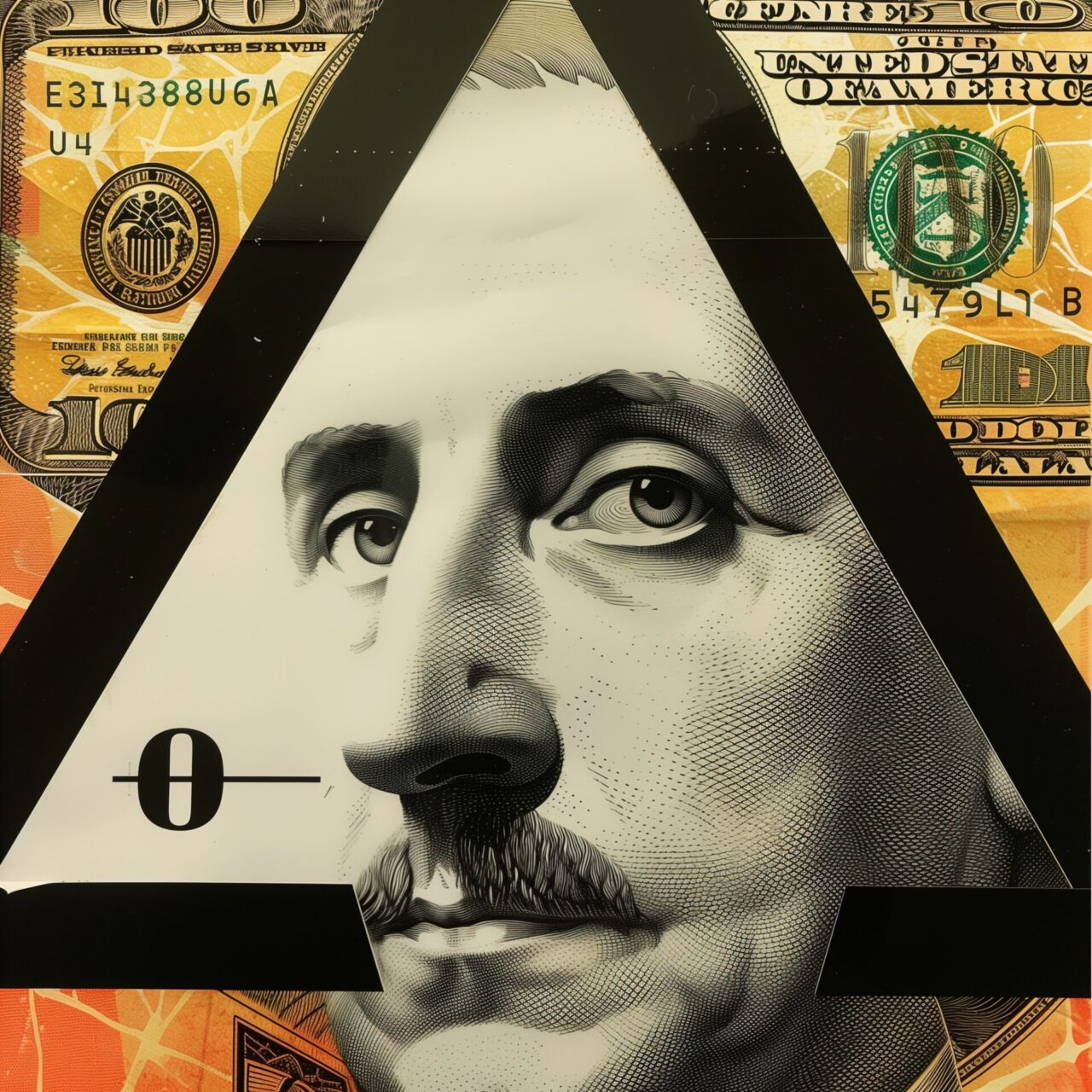
The psychomechanics of cult leadership
In the mysterious halls of cult leadership, where charisma meets conditioning, a fascinating psychodynamic unfolds. From Scientology to Jehovah’s Witnesses, the way leaders in religious movements consolidate and exercise their power provides a rich landscape of study for psychologists, sociologists and cultural critics. This article takes a look at the subtle mechanisms that operate behind the scenes of seemingly monolithic faith communities.
Charisma
At the heart of every cult is often a towering personality – the cult leader. These individuals possess exceptional charisma, which they use effectively to attract and retain followers. Charismatic leadership is based on the ability to establish a deep emotional and often psychological connection with followers. This bond is strengthened by the promise of exclusive knowledge, salvation or a higher purpose in life. The ability to offer hope and answers to complex life questions makes these leaders particularly attractive in the eyes of their followers.
Cognitive dissonance
A central psychological mechanism in the dynamics of cults is cognitive dissonance. Leaders exploit this phenomenon by creating an environment in which doubts about the group ideology are punished with intense feelings of guilt or fear of social exclusion. By fuelling fear of “life outside” and the promise of rewards in “life inside”, cult leaders manipulate their followers into rejecting their previous beliefs and identities and fully committing to the group ideology.
Social trials and tribulations
In many cults, access to certain privileges and spiritual ‘truths’ is regulated through a system of social probation. Followers must prove their loyalty and faith through specific tasks or sacrifices, which not only strengthens the bond with the group, but also creates a hierarchy within the community. This tiered reward system reinforces dependence on the cult leader and deepens social isolation from the outside world.
Information control
Another crucial tool in the psychology of cult leadership is controlling the supply of information. By restricting access to contrary opinions and external information, cult leaders can create a ‘reality’ that is entirely dependent on their doctrine. As a result, followers become increasingly unable to evaluate their situation objectively, making them even more susceptible to the manipulative influences of the leadership.
The irony of liberation
Ironically, many people who join cults are looking for some form of liberation – be it from social isolation, personal trauma or a lack of meaning in life. But the supposed freedom that cults promise often turns into a new kind of captivity: a commitment to a group that demands absolute loyalty and suppresses individual freedom.
A kaleidoscopic look at cult psychology
Leadership in religious movements is a complex web of psychological manipulation, charismatic authority and strict control. While cult leaders are often portrayed as malevolent master manipulators, the reality is often more nuanced, characterised by the deep human needs for belonging, meaning and security. This tension between power and manipulation reflects a profound insight into human nature and its susceptibility to those who claim to have the answers.


